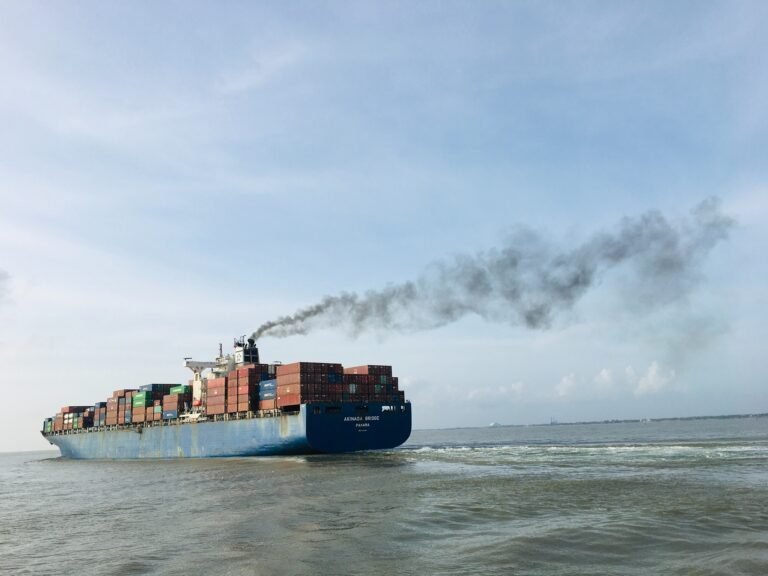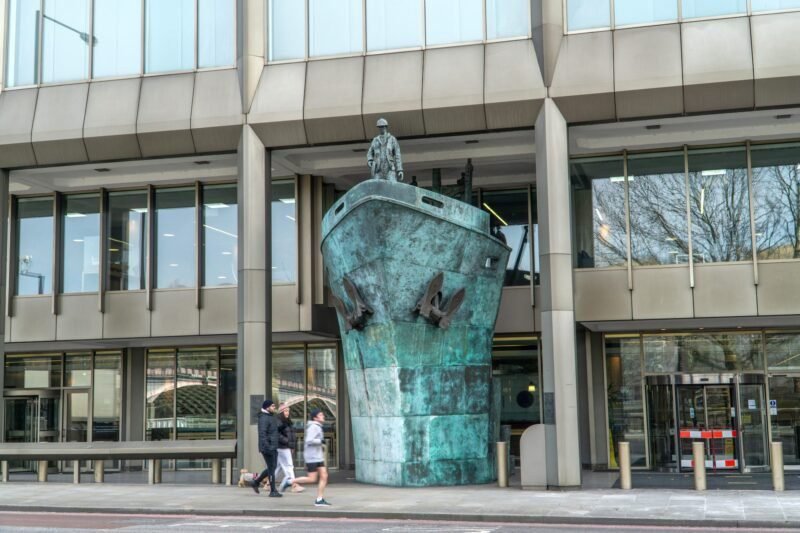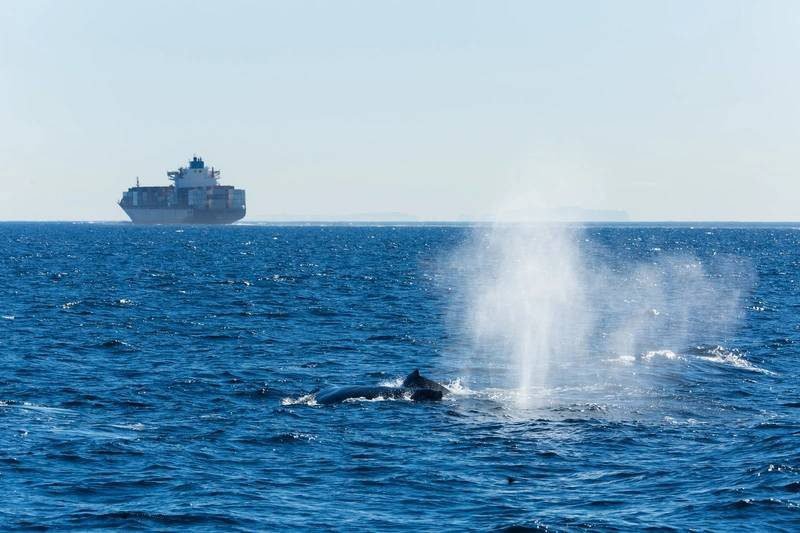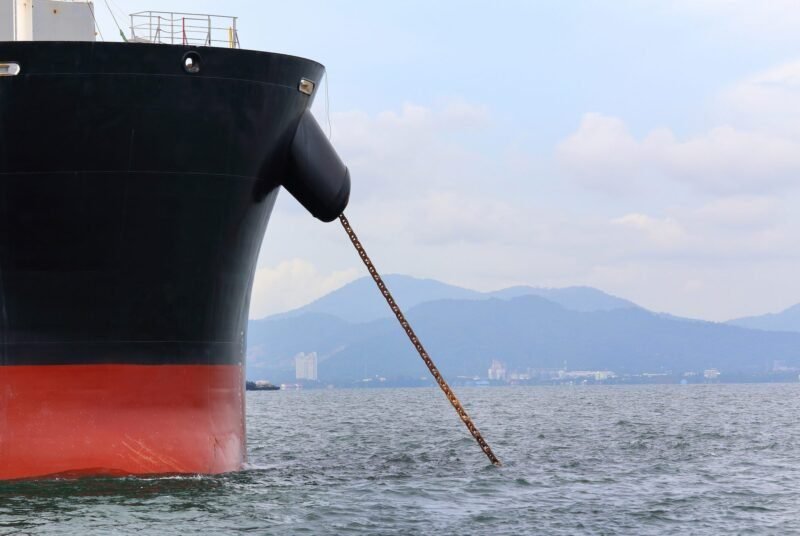Shipowners worldwide have agreed to mandatory contributions to ships’ greenhouse gas emissions to raise billions of dollars annually, in order to accelerate the global merchant shipping fleet’s transition to net-zero emissions by 2050. This proposal, put forward by the Bahamas and Liberia, is based on the Feebate concept from Japan and the support of EU countries at the IMO for a global, flat-rate contribution system. The new funding structure also includes funds set aside for use in developing countries, and will be considered by IMO member states at their next round of greenhouse gas negotiations in March.
The updated proposal includes supporting the production of zero or near-zero fuel and the introduction of new bunkering infrastructure in developing country ports, as well as training on the safe use of new fuels. A contribution rate that imposes costs in the range of $20 to $300 per tonne of fuel oil consumed was found to have a minimal impact on economies, and will enable the shipping industry to achieve a breakthrough in the use of more expensive green fuels such as ammonia, hydrogen, sustainable biofuels, synthetic methanol, and synthetic LNG.
The International Chamber of Shipping (ICS) has been a proponent of this type of proposal, having previously introduced a mandatory research and development fund in 2021 and a carbon levy on shipping in 2023 to encourage the transition to carbon-free fuels. Guy Platten, ICS Secretary General, emphasized the urgent need to agree on a global greenhouse gas pricing mechanism for shipping to de-risk investments in greenhouse gas-free fuels and provide billions of dollars in funding to support developing countries.

















